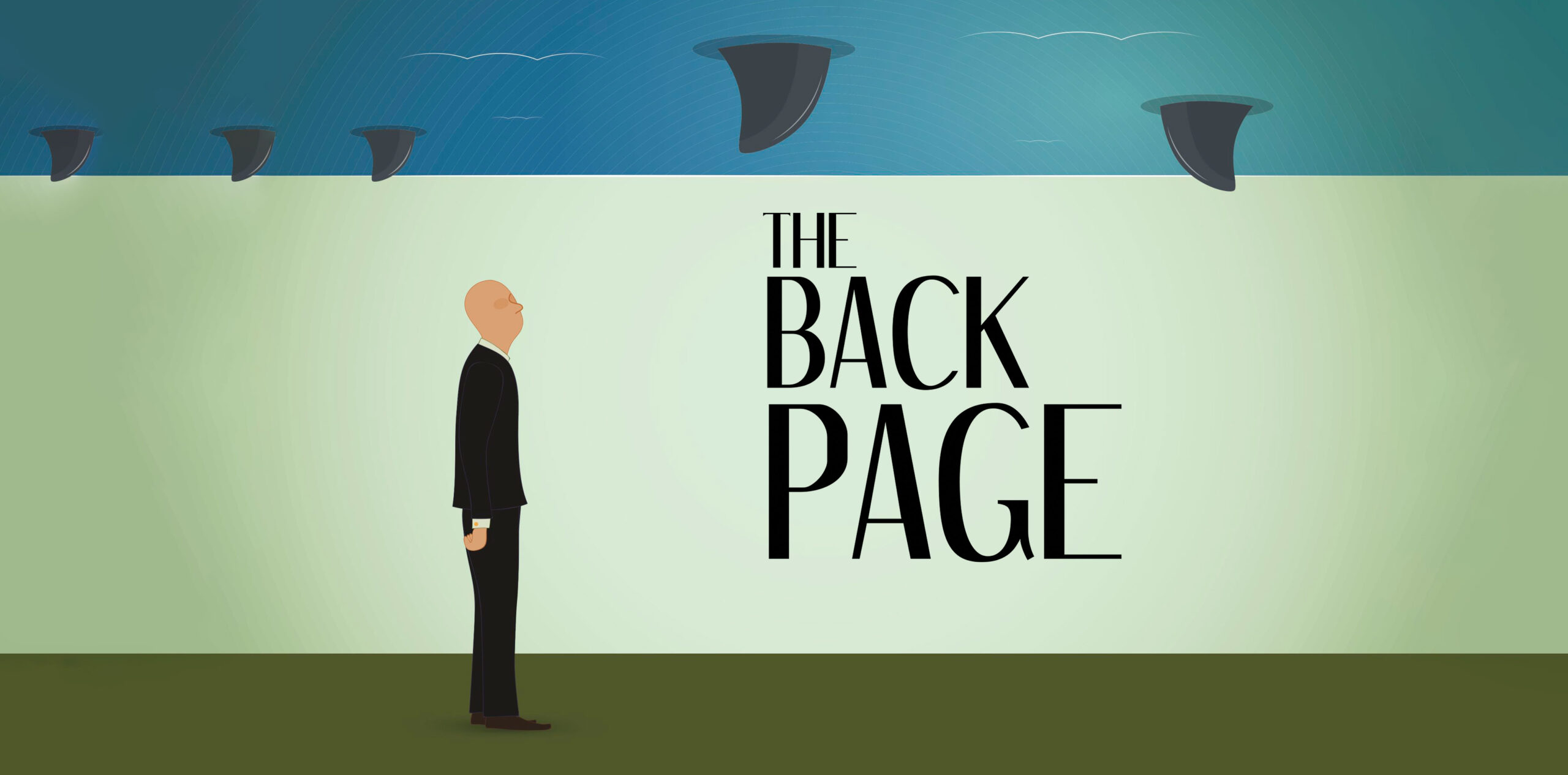Thinking about nothing in particular could be something we should get comfortable with.
Do you ever wonder about wondering?
By wondering, we don’t mean the philosophical pondering of life’s universal mysteries. Instead, we mean those mental sojourns we sometimes take when we’re waiting for the barista to get around to making a skinny flat white and we’ve left the smartphone back in the office.
Boffins at the psychology department of the University of Arizona certainly have been thinking about that wondering, and they reckon how a person “wonders” can provide insights into their mental wellbeing.
According to their study, published recently in Scientific Reports, there is much to be learned by examining where people’s minds wander to when they have idle time.
The key was to capture what people think about when they are left alone without distractions for 10 or so minutes and not prompted to think about any subject in particular.
“We wanted to mimic the small breaks we have throughout the day, such as when waiting in line at a café, taking a shower, lying in bed at night and so on. These are all times during which external demands are minimal and internal thoughts tend to creep in,” one of the study authors told media.
What they found was that while most people in the study spent the time thinking about the present or the future in an emotionally neutral way, a subset of folks focussed on negative thoughts associated with the past. This tendency to “ruminative” thinking, the authors said, was a common symptom of depression.
These ruminative individuals were also more likely to think about themselves, the study found.
Ruminative individuals had negative thoughts that lasted longer than positive thoughts, and those negative thoughts became progressively narrower in topic over time.
And while this study concluded before the covid pandemic began, the research is relevant given that lockdowns have created more frequent periods of solitary “idle time” for many people compared with before.
“Having to sit at home for such a long time affected people’s mental wellbeing dramatically,” the researchers said. “We saw this with the increase in anxiety and depression during the pandemic and the surge in substance abuse.”
The takeaway from this research is that we could all do ourselves a mental favour by learning to be comfortable with our thoughts during idle time and not feel pressured to constantly distract ourselves with social media and such like.
If you thought about something quite interesting while in the shower, share it with felicity@medicalrepublic.com.au


